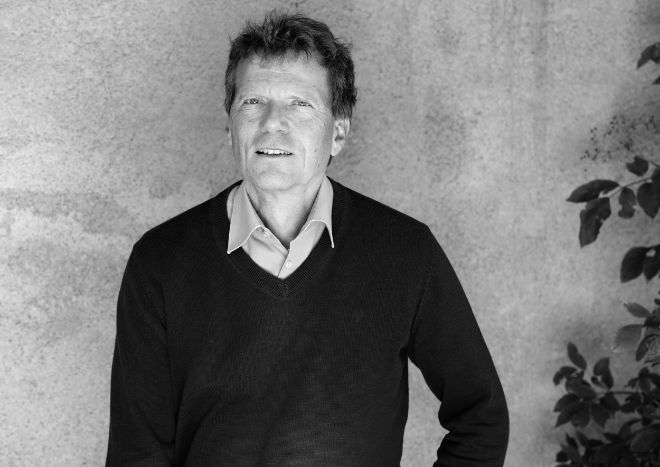Hartmut Rosa (b. 1965) is a professor of sociology at the University of Jena. He is known for his theory of acceleration. In his lecture, prof. Rosa will discuss the role of Bildung in the accelerated, modern society:
Rosa on the concept of Bildung
Modern societies are characterized by their mode of dynamic stabilization. This means that they can only reproduce their structure and maintain the institutional status quo by constantly achieving economic growth, technological acceleration and cultural innovation. This creates a 'need for speed' that requires individuals and organizations to constantly seek opportunities for rationalization and optimization. After all, it is us, the individuals, who need to grow, accelerate and innovate incessantly, i.e., to run faster and faster each year just to stay in place. Education, or 'Bildung', can be used as the social instrument to achieve these forms of optimization and increase. Here, Bildung is equivalent to the transmission and appropriation of measurable 'skills'.
The disadvantages of acceleration
However, the incessant social pressure for acceleration and growth has an ugly flipside: It enforces a basic mode of 'aggression' towards the world (i.e. towards internal as well as external nature) and leads in turn to towering forms of alienation which quickly turn into political anger and frustration. The reason for this is the fact that modern individuals yearn for, and dream of, 'resonant' instead of aggressive modes of being and relating to the world. The culturally engraved desire for resonance stands in stark contrast to the structural need for speed.
'Bildung', understood in a deeper meaning, is a process not of optimization, and not of acquiring skills, but of opening up the axes for resonance between self and world. Bildung, then, is the process of 'producing' resonant self-world relationships. The lecture will outline the contrast between the structural mode of dynamic stabilization and the cultural (and human) desire for resonance and demonstrate how these correspond to two divergent conceptions of 'Bildung'.
Rosa will be introduced by Inga Bostad, professor of Philosophy at the Department of Education. Comments by PhD candidate Aurora Jacobsen Evenshaug (IPED) and professor of Cultural History and Museology, Helge Jordheim (ILOS).
The guest lecture is the first in a series of seminars on philosophy of education, organized by the research group HumStud (Humanities Studies in Pedagogy).
Contact: Aurora Jacobsen Evenshaug
Hartmut Rosa's TED talk about acceleration and resonance:
